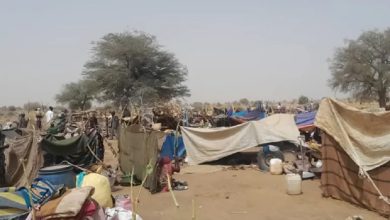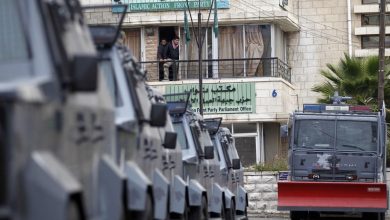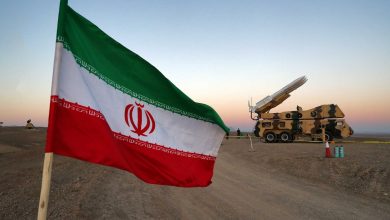Egypt’s Expanding Prison Network: Repression Over Reform
Under Sisi’s Rule, Egypt Has Built 49 New Prisons Amid Economic Crisis and Public Discontent
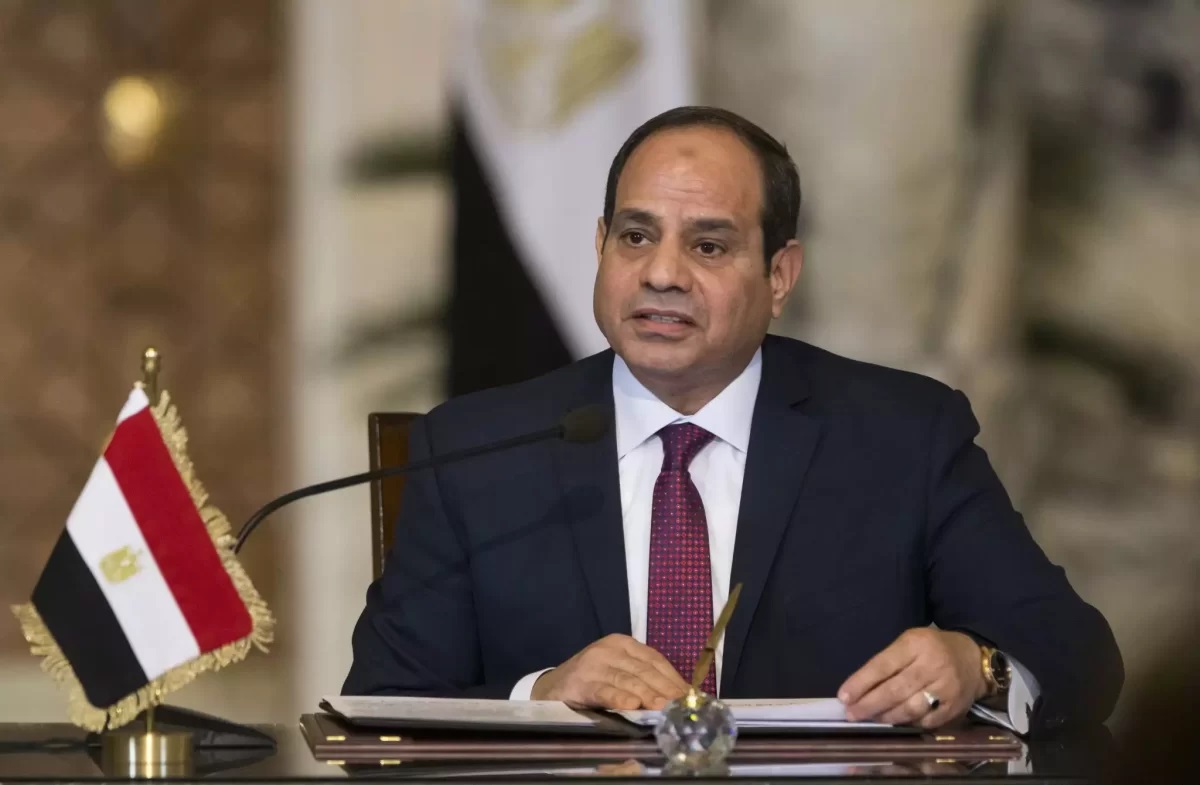
Watan-Abdel Fattah el-Sisi took power following his coup against the late President Mohamed Morsi in 2013, Egypt has witnessed an unprecedented expansion in prison construction. A total of 49 new prisons have been built to accommodate the growing number of political detainees, reflecting the regime’s absolute priority on repression at the expense of development and essential services.
Despite Egypt’s severe economic crises and the sharp decline in healthcare and education services, the Egyptian regime has spent billions of pounds on building prisons, even as poverty and unemployment rates have soared to unprecedented levels. Notably, these new prisons were constructed amid a crippling debt crisis, leading many observers to question: Is Egypt prioritizing security or repression?
Among the most prominent prisons built under Sisi’s rule is the Badr Prison Complex, which human rights advocates have described as a “cemetery for the living” due to the severe abuses committed within its walls. These include systematic torture, solitary confinement, denial of medical care, and mistreatment that amounts to slow execution.
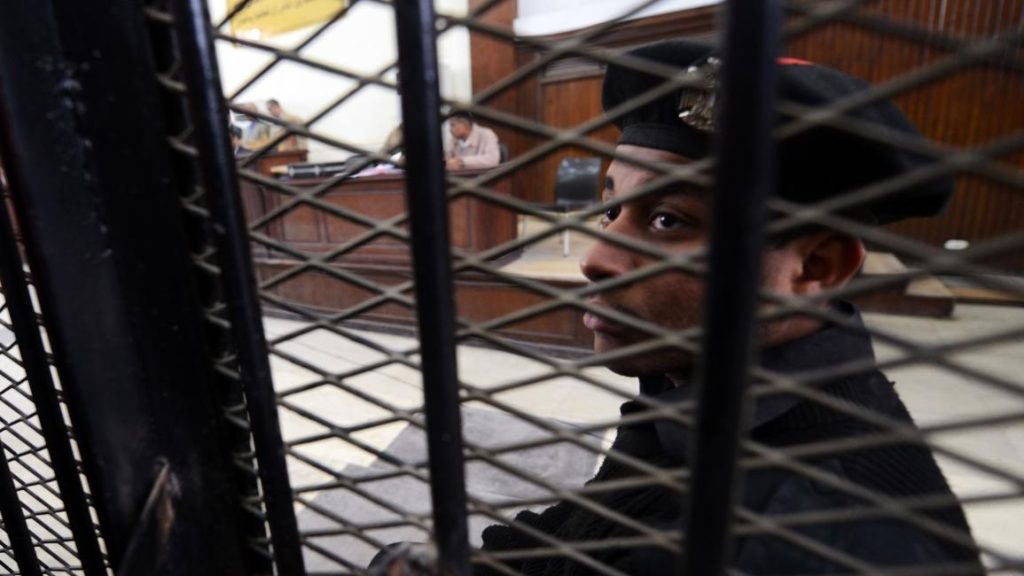
Repression has not been limited to politicized courts and overcrowded prisons; it has also extended to the Egyptian streets, where security forces’ violations have become a recurring scene. Assaults on citizens have become commonplace, fueling growing public anger, especially as videos documenting police officers’ violence against civilians continue to spread.
In an incident that shook Egyptian society, a well-known police officer—infamous for fabricating charges against the weak—was attacked after attempting to assault the owners of a supermarket and delete security camera footage that captured his abuse of store employees. This time, however, events did not unfold as he expected; citizens confronted him and gave him a severe beating, a sign of the diminishing authority of the security apparatus and the growing distrust of Egyptians in their institutions.



